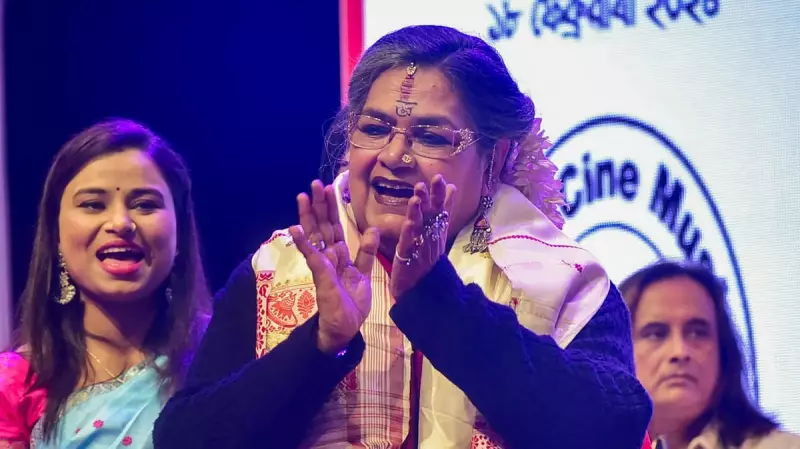
In a recent appearance that charmed audiences, veteran singer Usha Uthup delivered a memorable line that perfectly captured her unique position in Indian music. With her characteristic wit and self-awareness, she drew a playful distinction between herself and the legendary Mangeshkar sisters.
The Iconic Comparison
Usha Uthup humorously declared that while "good girls" received the melodious voices of Lata Mangeshkar and Asha Bhosle, the "bad girls" were blessed with her distinctive rich, deep voice. This candid remark highlights her understanding of how her unconventional vocal style carved a special niche in India's diverse musical landscape.
The Voice That Powered Advertising History
During her talk, Uthup reminded everyone that her powerful voice became the driving force behind some of India's most unforgettable advertising jingles. Her vocal magic brought to life campaigns that have become embedded in the nation's collective memory.
She specifically mentioned three iconic jingles that showcase her versatility:
- The inviting "Come alive, taste of Nescafé" that energized morning routines
- The comforting "Vicks ki goli lo" that became a household remedy anthem
- The energetic "Amul doodh peeta hai India" that celebrated the milk-drinking nation
A Legacy Beyond Conventional Boundaries
Uthup's reflection comes as a testament to her enduring career that has spanned decades. While she may have positioned herself as the alternative to the classical perfection of the Mangeshkar sisters, her contribution to Indian music, particularly in pop culture and advertising, remains unparalleled.
Her deep, resonant voice became the signature sound for products that needed to connect with the masses, proving that sometimes being the "bad girl" option means creating your own category of excellence. These jingles not only sold products but became part of India's cultural fabric, demonstrating how Uthup's voice captured the nation's spirit in ways that were both commercial and artistic.





